News flash: not everyone who voted No to an Indigenous voice to parliament was a racist

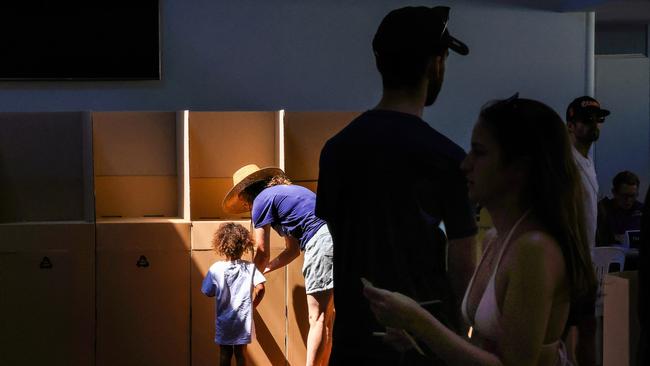
His English wasn’t fluent, but it was good enough to give a curious reporter a glimpse of the bounty he saw in what was to my dull eye a flat, featureless and inhospitable spinifex landscape.
While he pointed out useful plants and animal tracks, the places where water might be found and the subtle signs that marked safe passage across the land, I remember being struck, unexpectedly and quite shockingly, by the realisation that he and his descendants could have prospered there, unaided, for another 10,000 years, whereas everyone I had ever known, no matter how tough or savvy, would have been dead by the weekend.
The lesson has stayed with me ever since, a humbling reminder that our Western civilisation doesn’t always know as much as we think it does; although it does know democracy.
That Jaru elder is dead now, as is, sadly, much of his ancient lore. I’m grateful for my brief contact with both, and lament their passing. He was very different, but not alien, to me; go back far enough and our heritage merges: all our ancestors had similar knowledge until it was supplanted, for good or ill, by what we define as progress.
I recount this memory not to pretend I have some mystical communion with our Indigenous compatriots, because I don’t, but to explain where my respect and admiration for them, bolstered by numerous subsequent encounters, was first inspired.
It’s not something I would normally think to mention, but the vitriolic accusations of casual racism that have been, and continue to be, directed at those of us who have popped our heads above the parapet warrant a word in our defence.
Your skin is thickened over decades in journalism, particularly if you’re impertinent enough to comment on current affairs. But underneath, some of us remain delicate flowers who are wounded to be told a dispassionate objection to a constitutional amendment signifies the poisonous rejection of a whole section of the population.
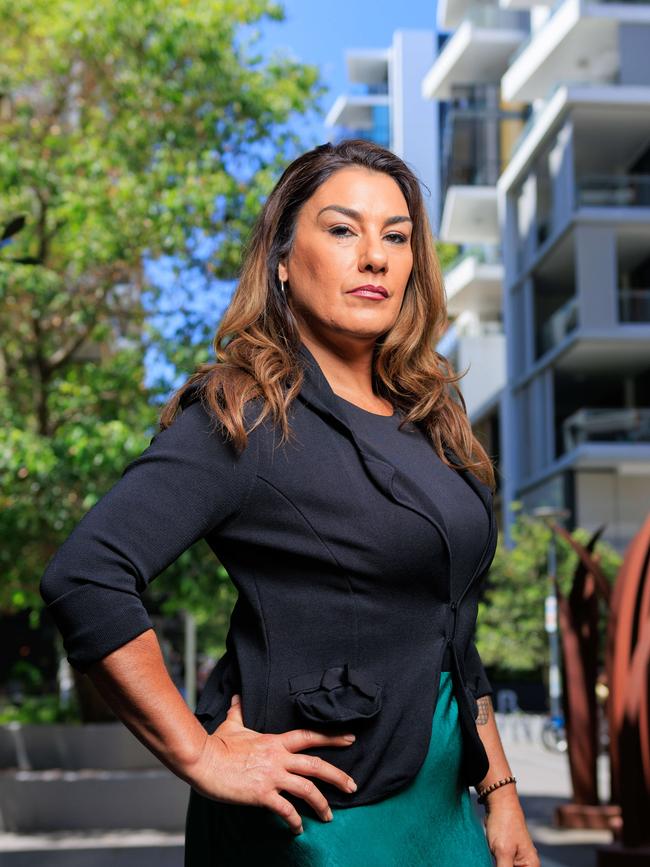
Many on the Yes side of the ledger insisted this was a matter that needed to go above parliament to be decided by the unmediated vote of the Australian people.
Regrettable and ever so slightly hypocritical, then, that they were so swift to fire up their social media accounts last Sunday morning to express their shame and disgust at living in a country where those same people turned out to be a bunch of benighted troglodytes who had the audacity to disagree with them.
There was no concession that some of their neighbours might have given the matter conscientious consideration; no acknowledgment of the shrewd, articulate advocates who questioned the lack of detail on the reach, composition or mechanism of the proposal: just a petulant refusal to accept the verdict without ascribing sinister motives to actions that didn’t align with their blinkered world view.
Even our miserable politicians seem intent on ignoring the electorate, but I suppose if you regard 32 per cent at the federal election as giving you a mandate, 39 per cent must feel like a stonking great majority.
Short of conducting another exhaustive series of referendums (perhaps including one on whether that should be referenda), it’s impossible to explain what determined people’s votes on the voice last Saturday.
‘I’ll concede I might be stupid, but it was hurtful to have my reading of a million words on this topic so casually dismissed.’
No one can speak on behalf of the 60+ per cent who voted against it, but I am confident most of them share the nation’s goodwill towards Indigenous people and reject the suggestion that their objections to the voice were born of contempt for them.
Of course there are buffoons who have paid no attention to the elevated discussions and disagreements over the past year or so, but we can’t really complain about them; unlike most countries on earth we compel them to turn up at the polling stations where they cast their ballot without a moment’s reflection.
Doubtless too there was among the No voters a vile cohort of racists and white supremacists who really do harbour anti-Indigenous hatred and resentment; but remember, in a referendum there are no lunatic-fringe political parties for them to support, so they have to end up on one side or the other. It doesn’t mean the No camp wanted them there.
For myself, I outlined my reasons in some (OK, too much) detail two weeks ago; but essentially I feared the constitutional change risked unanticipated harm out of proportion to its promised benefits, including, if not especially, to those it was designed to help.
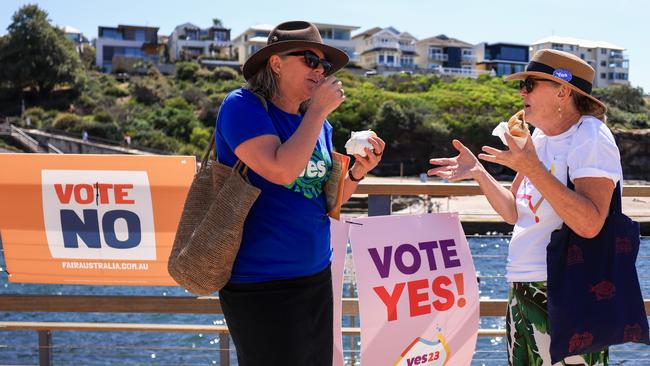
Some of the disappointed Yes advocates wilfully refuse to comprehend how any decent person could have said No to what they insisted was a modest, respectful, generous invitation. But saying something doesn’t make it so.
As a starting point, changing the Constitution is self-evidently not a modest step. It is a momentous action but was never acknowledged as such, nor treated with the gravity it warranted.
Instead it felt like a rigged competition, where many of the potential winners didn’t look like they needed any more prizes. The average person doesn’t see angry professors, condescending MPs, insulting TV personalities, musicians, writers and film stars, Aboriginal or otherwise, and view them as victims.
People are suspicious when they are shown something whose description doesn’t match the reality in front of them. Those contradictions accumulated as the campaign progressed, the shrillness of the activists daily more disconcerting. If it’s nothing for us to worry about, why are you making such a fuss? Why are you losing your tempers – in some cases, your minds – over it?
Rather than engage with and attempt to disarm the serious and troubling arguments against the voice, in their arrogance many of the “elites” (I’ll be delighted to retire that word from my vocabulary later today) defaulted, with complacent laziness, to allegations of bovine stupidity against thoughtful, concerned people who were not persuaded by an amorphous appeal to their better natures.
I have some friends (the old contact book might be in need of revision) who, despite knowing my position, were pleased to inform me that a No vote was indisputably a product of ignorance, the province of the uneducated.
I’ll concede I might be stupid, but it was hurtful to have my reading of a million words on this topic so casually dismissed. I was put in mind of legendary English barrister FE Smith, who was famously chided by a judge who complained after Smith’s lengthy closing argument that he was “none the wiser”.
“No, my lord,” said Smith, “but you are certainly better informed.”
The readers of this newspaper have been kept better informed than most Australians about this debate, whatever the kneejerk whining from the dress circle about “the Murdoch press”.
I was impressed by our diligence in presenting all sides of a sometimes rancorous debate. No doubt someone sulking out there will make a dubious “gotcha!” accounting of the articles we ran and thereby condemn us; but as one of the editors who managed the enormous influx of submissions I don’t believe there was anyone of substance in either camp whose opinion pieces we declined to publish. Indeed the most vicious criticism I’ve received for some time came from a leading No campaigner unhappy with our supposedly “racist” bias towards the Yes camp. I will treasure that phone call as a foul-mouthed testimonial to our even-handedness.
For those who can’t relinquish the idea that the No voters acted out of ignorance, it’s worth considering that one of the most precious attributes of the glorious democracy that underpins our political system is its simplicity.
The result shows you don’t need to be blessed with a sophisticated formal education to grasp the principles of fairness and equality that govern (or should govern) our society, however imperfectly they are sometimes applied; nor do you have to be a constitutional lawyer to sense when those principles are being circumvented or diluted, regardless of the nobility of the reasons advanced for doing so.
For despite the squawking of the embittered few, I do believe most Yes voters were driven by genuinely noble ideals. It’s now vital to convince all those decent and honourable citizens that even though the voice to parliament is lost, its purpose is not.
I hope once their disappointment subsides they will agree to join forces with the other side, who should have the good grace not to gloat about the result.
After months of division, there was no real victory to be celebrated last weekend. That will come when we have conquered the inequity that inspired this unnecessary referendum, and that long battle needs to start now.



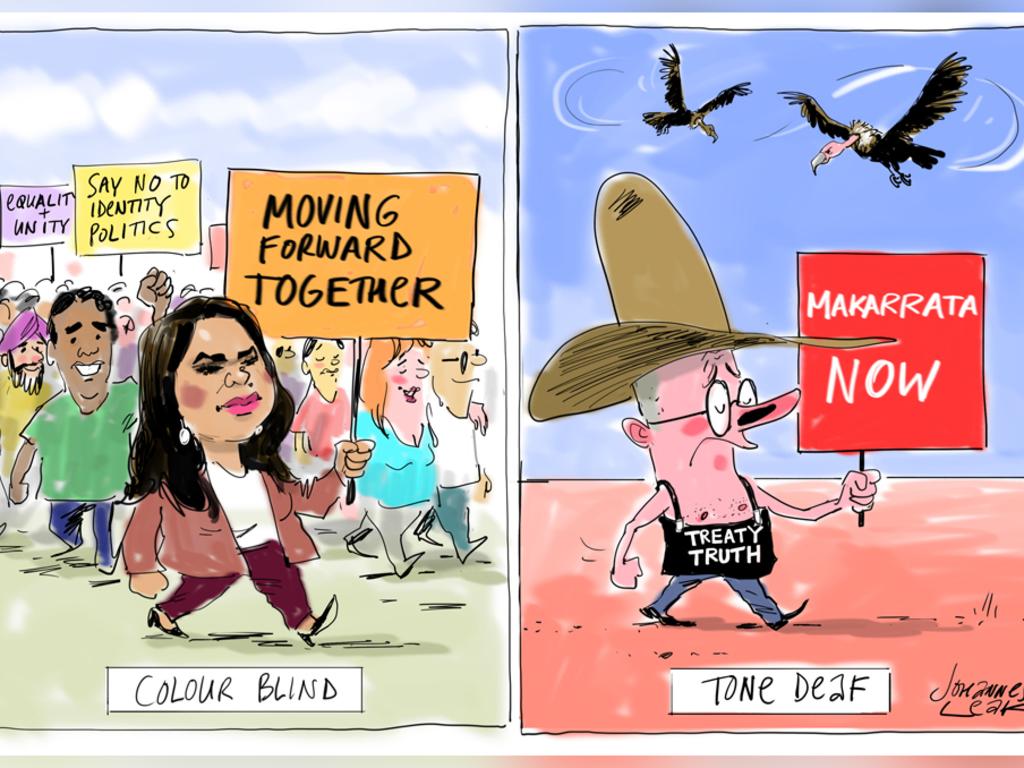
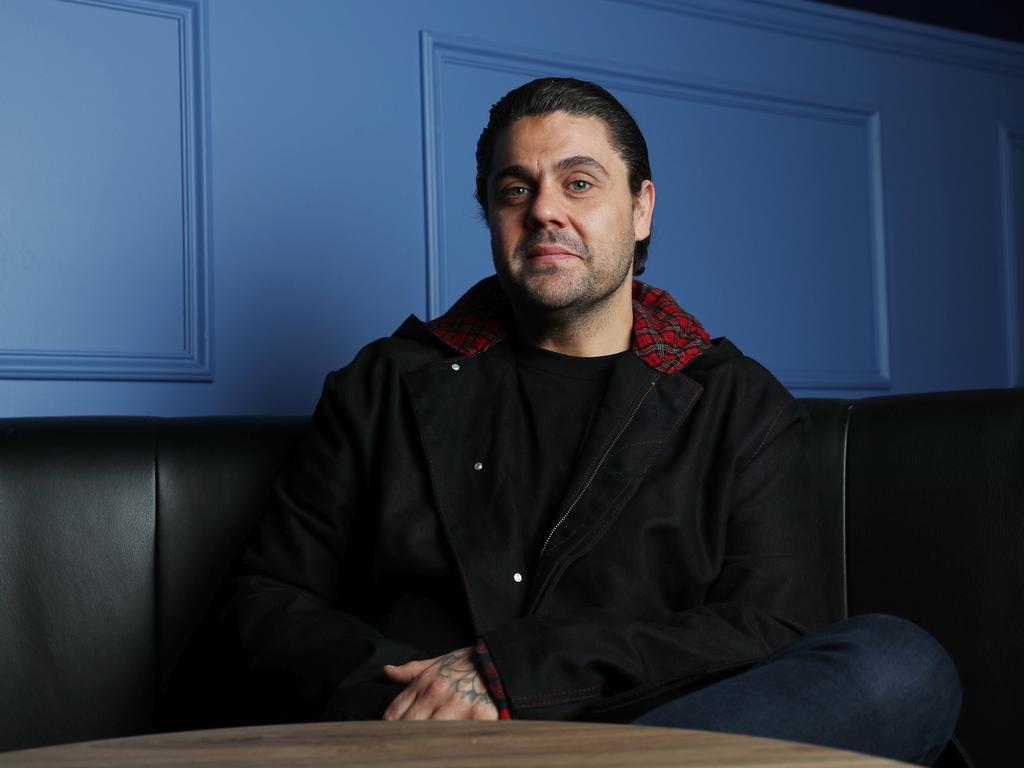
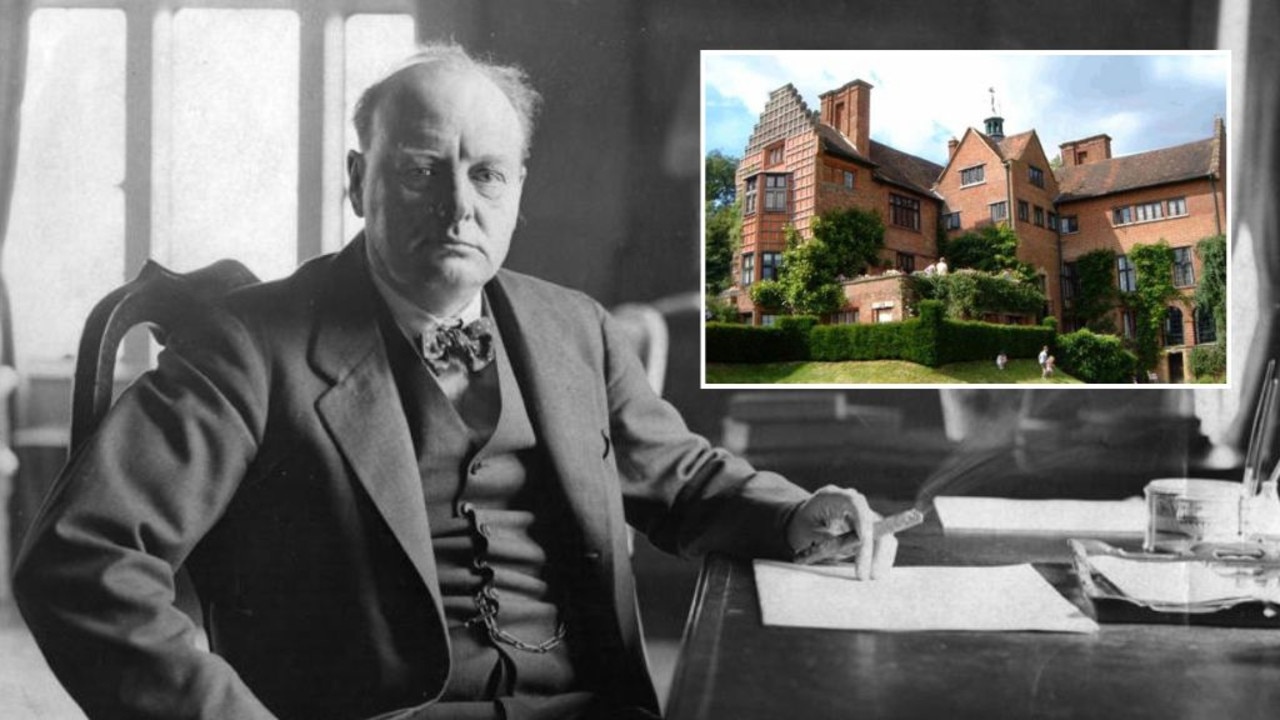

As the 20th century was drawing to a close, an elderly Jaru man guided me deep into the desert of the East Kimberley, where his people had lived for hundreds of generations.